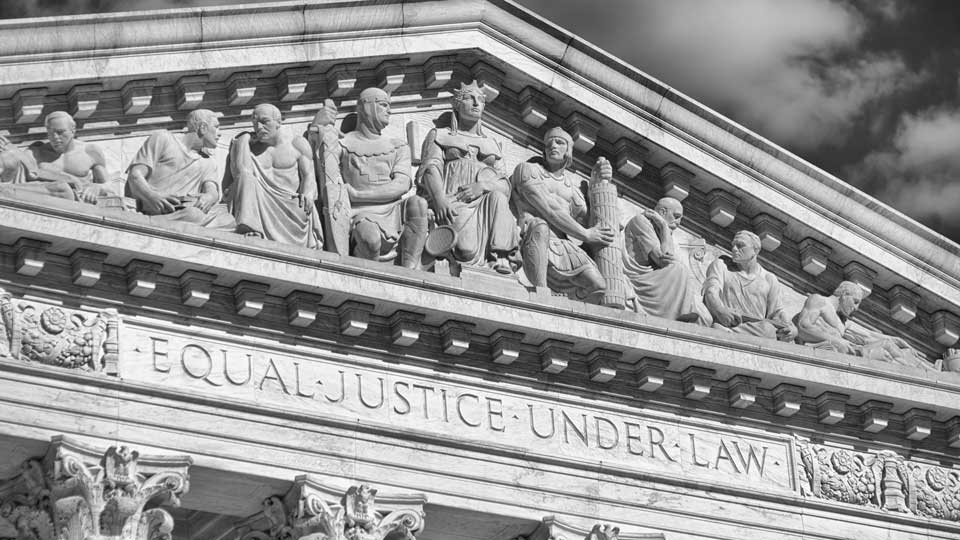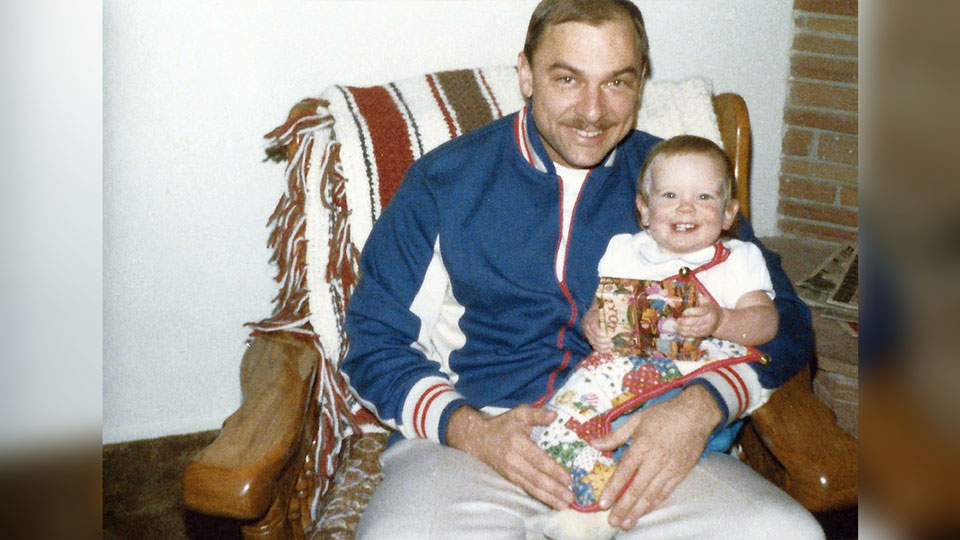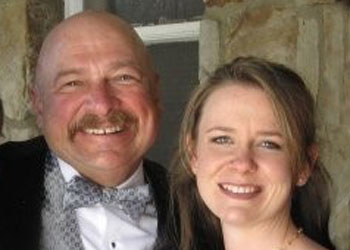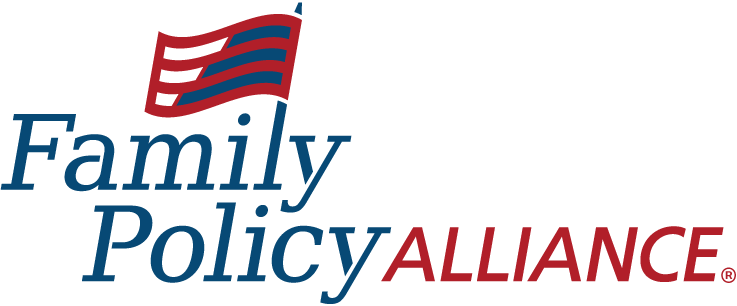
Dear Friend,
On Monday, Family Policy Alliance and 29 of our state allied organizations filed an amicus (friend of the court) brief with the U.S. Supreme Court on a critical religious freedom case.
Just before the holidays, you may have heard that the U.S. Supreme Court agreed to hold an emergency hearing on the consolidated case against the Biden Administration’s vaccine mandate, which is being imposed on employers with more than 100 employees via the Occupational Safety and Health Administration (OSHA).
Working quickly, our alliance’s legal team – led in this case by our allied organization in Texas – put together a powerful brief for the nine justices, who will hear the case on Friday. Here is our message to them:
- The brief articulates the centrality and importance of religious freedom in the United States – and highlights the many challenges this mandate would impose on employers and employees alike.
- The brief points out that this mandate puts employers in the difficult position of determining which employees’ beliefs are authentic and which are not – which is especially challenging in a secular workplace, but also presents challenges for faith-based ministries. The mandate would essentially turn employers into enforcers of a dictatorial, overreaching federal requirement.
- The brief also recounts the history of overreach of the “administrative state” – in this case, OSHA – especially when it comes to disregard for religious liberty. The brief argues that this issue ought to be debated and worked out in Congress or the state legislatures, where religious convictions have historically been given much more respect.
Family Policy Alliance remains deeply committed to advocating for your God-given religious liberty and for settling these issues through the legislative process – just as our Founding Fathers intended. And we are thankful for you and your support that makes possible our advocacy before the highest court in the land.
Standing for the family of believers, 

Joseph Kohm, III, Esq.
Director, Public Policy
© 2022 Family Policy Alliance. All Rights Reserved.
Originally Published 1/5/22 at familypolicyalliance.com.

“Yea, though I walk through the valley of the shadow of death, I will fear no evil for Thou art with me.” ~ Psalm 23:4
I’ve been comforted by Psalm 23 a lot the past few months, and I can’t help thinking that the Lord was using that time of reflection in advance of the coronavirus and economic uncertainty we are all facing together as a nation.
In particular, verse 4 has been on my heart and mind because my family has been walking the valley of the shadow of death since last fall.
In fact, we didn’t know that we had already begun walking this path until an unexpected seizure led to my father’s diagnosis of the most aggressive form of brain cancer.
After the initial shock of hearing what must be one of the worst words in the English language—glioblastoma—there were many rough days knowing we had entered that valley. And I didn’t want to walk.
Walking the valley
Then one evening I found this beautiful essay, “Reading Psalm 23 on Good Friday.” In Psalm 23 specifically, “…we can or should read Jesus not only as the Shepherd, but as the one who speaks in the Psalm.” The essay urges us to “engage in a genuine Christian reading, not to merely remember Christ as our Shepherd, but to think of Christ as the one who is praying this Psalm himself.”
In other words, we usually read this most-famous Psalm as “Jesus is my shepherd”—and, of course, He is. But knowing that all of the Old Testament points to Jesus, there is another meaning here, too.
And that is that we can hear Jesus’ voice in place of King David’s, praying Psalm 23 to His Father as He walked through that valley and suffered a cruel death on the first Good Friday. That death began the process of restoring all of creation to God’s original design; provided the way for re-establishing relationship between the Creator and those who call upon Jesus’ name as the only means by which they can be saved; and assures us that we will never have to walk that valley alone—if we belong to Him.
 We do not know exactly how long this valley—my family’s or our nation’s—will be. Even apart from the coronavirus, of course, we are all walking the valley of the shadow of death. Our time on this earth is limited, though sometimes we’re more aware of it than other times.
We do not know exactly how long this valley—my family’s or our nation’s—will be. Even apart from the coronavirus, of course, we are all walking the valley of the shadow of death. Our time on this earth is limited, though sometimes we’re more aware of it than other times.
But however long my family’s valley is, it won’t ever feel like enough time for this daughter with her father. While we continually pray for my dad’s complete healing, we know that may not come in this life, but the next.
And that is the other source of hope and comfort—to know that we will be raised to life in perfected bodies as part of the new heavens and new earth. That hope is only possible because Jesus is the “firstborn from the dead” (Colossians 1:18).
Cherishing Life
If you have followed Family Policy Alliance® for any length of time, you know we envision our nation being one where God is honored, religious freedom flourishes, families thrive and life is cherished. Usually when we think about life being cherished, we think about protecting the preborn. But life is also worth fighting for at its other end—in illness and frailty, in the need for respirators to fight the coronavirus, and as one comes to the end of that valley.
I have had the privilege to work in pro-life, pro-family public policy my entire career, first at Focus on the Family and now at Family Policy Alliance. But never has principle been so personal. Walking this valley, time is precious and life is certainly cherished.
And so during this Holy Week, I pray that you do not rush through Thursday and Friday, skipping ahead to “Sunday’s coming.” But rather, reflect on the gravity and weight, the suffering and pain, the profound sacrifice of Good Friday—the ultimate act of cherishing life.
Then consider the silence and uncertainty of that first Holy Saturday. So that when Easter morning does break, you can rejoice that resurrection and eternal life are truly won—and we have no need to fear evil—because our Lord walked through that valley alone so that we will never walk there without Him.
Walking with Him and you,

Sonja Swiatkiewicz
Family Policy Alliance
